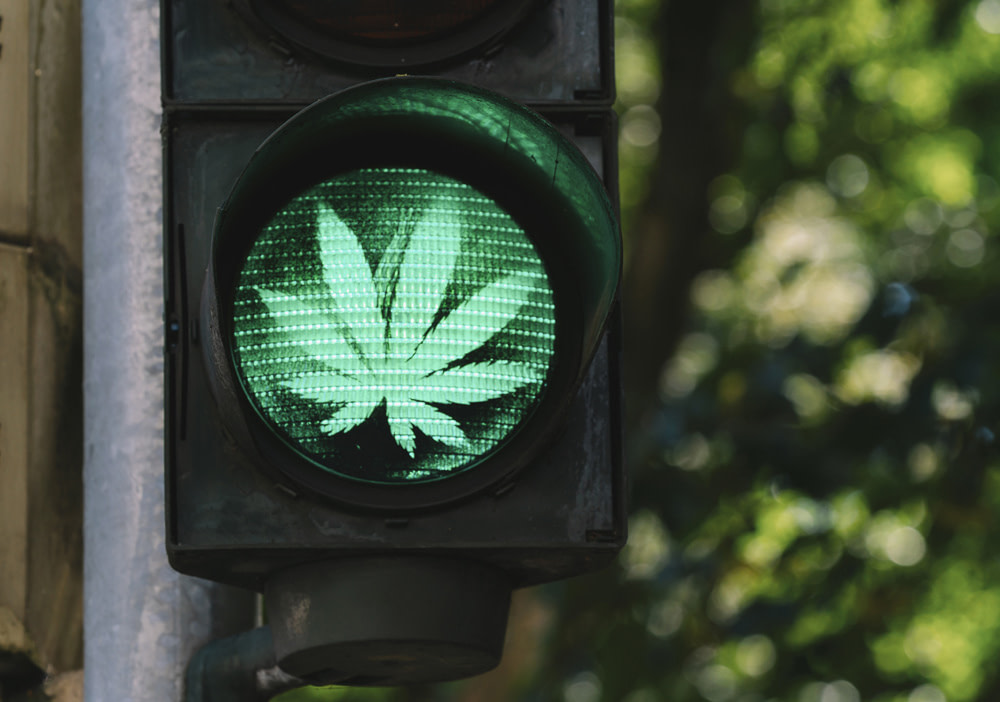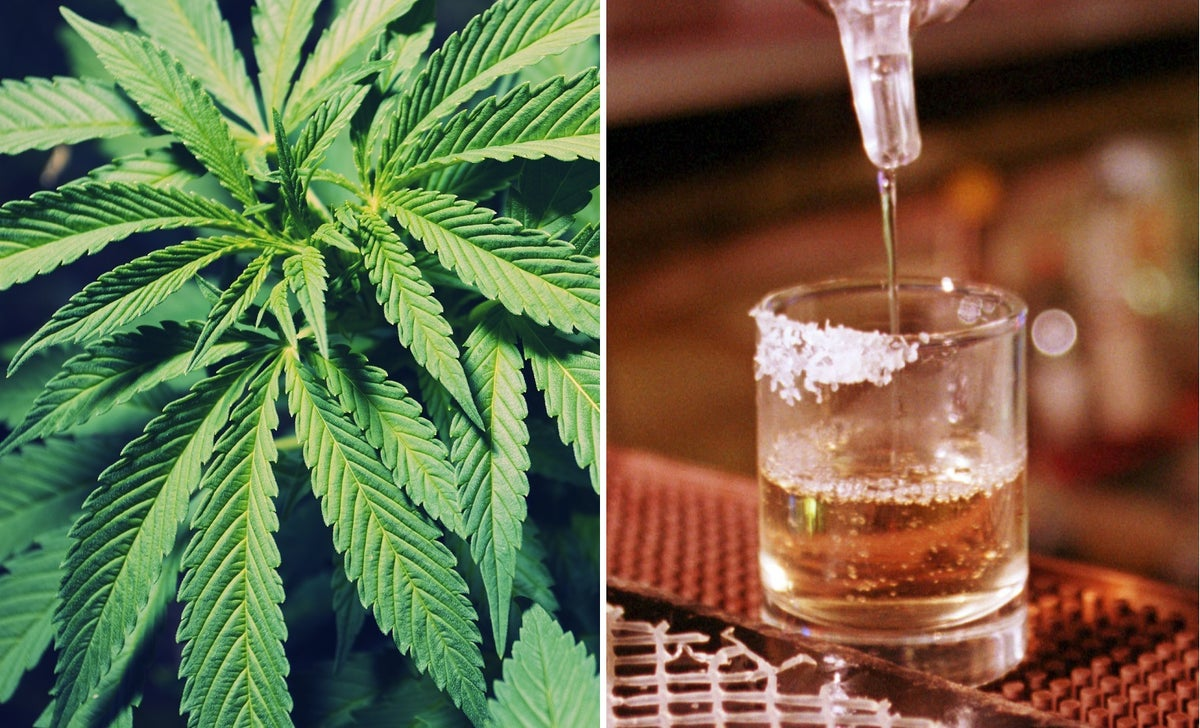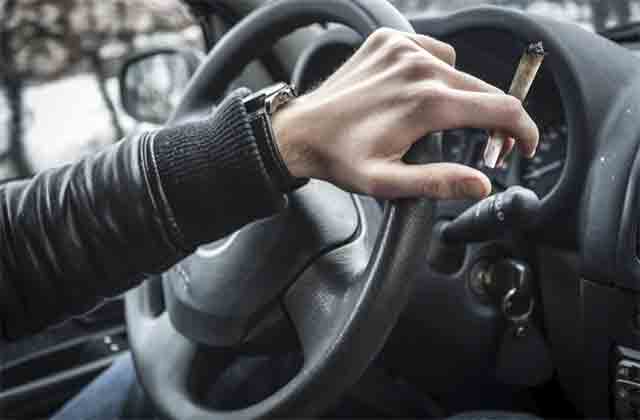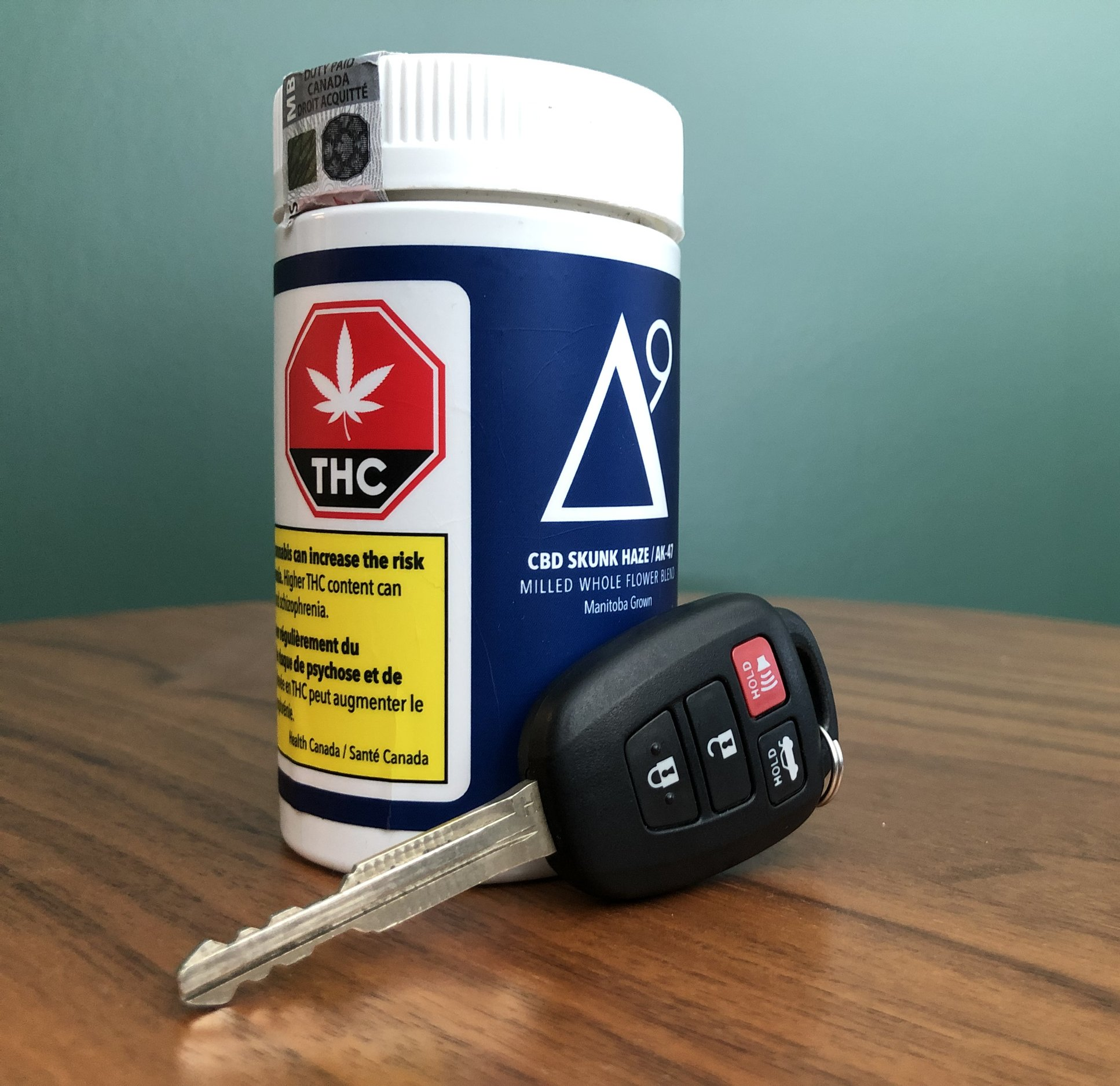Study Shows Weed Legalization Does Not Increase Car Accidents
3/1/2022 1:57 PM

Study Shows Weed Legalization Does Not Increase Car Accidents
A new Canadian study has shown what cannabis users have known all along: being a cannabis user does not mean you’re a dangerous driver.
The study squashes several myths about the cannabis community, including the unequal comparison of weed to alcohol while operating a vehicle and the theory that young people who use weed are more likely to get injured.
However, Canadian officials noted that cannabis users still need to be careful while operating a vehicle under the influence of any meditation, including weed. Read on to learn more.
What Does The Study Say?
 The study, which was published in the academic journal Drug and Alcohol Dependence, addressed the notion that the worldwide legalization of recreational cannabis increases cannabis-impaired driving and traffic-related injuries as a result, especially among young people.
The study, which was published in the academic journal Drug and Alcohol Dependence, addressed the notion that the worldwide legalization of recreational cannabis increases cannabis-impaired driving and traffic-related injuries as a result, especially among young people.
The study analyzed data from 239,673 provincial emergency department (ED) records from the two Canadian provinces Alberta and Ontario between April 1, 2015 and December 31, 2019.
Results found that implementation of the Cannabis Act was not linked to post-legalization changes in traffic-related ED visits in Alberta or Ontario from all drivers, including youth drivers, in particular.
Lead study author Russell Callaghan, a University of Northern B.C. psychologist, stated that he thought recreational marijuana use would lead to a greater risk of car accidents and injuries, but it did not.
Callaghan went on to state that his team did not see an increase in the rate of car accidents among adults or young people after cannabis was legalized in Canada. He thinks that the data would be similar nationwide if other countries analyzed their ambulatory visits to emergency rooms.
Callaghan noted that the results of the study might be due to the new safety laws imposed, such as Bill C-46, which was issued shortly after cannabis legalization in Canada. The bill states that there will be a $1,000 fine for impaired drivers with THC blood concentrations of 2 to 5 nanograms per milliliter of blood.
The research team is currently working on a follow-up study to determine whether cannabis legalization has been linked to deaths due to car accidents.
Cannabis vs. Alcohol Driving Risks
 According to scientist Scott Macdonald of the Canadian Institute for Substance Use Research at the University of Victoria, cannabis-impaired driving became a public safety concern after weed was legalized.
According to scientist Scott Macdonald of the Canadian Institute for Substance Use Research at the University of Victoria, cannabis-impaired driving became a public safety concern after weed was legalized.
Macdonald, who also worked on the above-mentioned study, stated that he was not surprised by the results, which were consistent with studies done in the United States indicating that cannabis legalization did not increase traffic-related deaths or injuries.
Cannabis rights activists are working to eliminate the assumption that an increase in cannabis use may cause similar consequences as people who drive drunk, but it hasn’t been an easy stereotype to overturn.
Even the Canadian government has published contradictory websites and paid for advertising that shows misleading information, such as an advertisement showing a person’s dog talking to them after they consumed weed.
However, just because weed is legal in some parts of the world doesn’t mean more people will be driving while high. Additionally, as Macdonald pointed out, there is a big difference between being stoned from cannabis and being intoxicated from alcohol.
Macdonald noted that while both situations may bring about safety issues, driving drunk is much more dangerous because it affects a person’s psychomotor performance and can lead to more reckless driving whereas weed only tends to affect memory and not necessarily driving performance.
Don’t Drive While High
 Despite the findings in this study, the Canadian government wants to make it very clear that driving while high (also known as drug-impaired driving) is illegal and will get you fined.
Despite the findings in this study, the Canadian government wants to make it very clear that driving while high (also known as drug-impaired driving) is illegal and will get you fined.
As of 2018, Canada had 14,400+ trained Standard Field Sobriety Testing (SFST) officers and 1,082 Drug Recognition Experts (DRE) as of 2021 scattered across the country, attempting to spot those driving while under the influence.
Government officials state that these numbers will go up in the future with the intent of catching anyone who tries to operate any type of motor vehicle while having THC in their system.
The Canadian government states that you need to be alert and focused while operating a car, and driving while high may affect your motor skills, reaction time, short term memory and concentration.
It may also cause you to accidentally speed or wander, or reduce your ability to make decisions quickly - like if you need to turn sharply to avoid hitting someone that wandered in the street.
To be fair, officials also state that illegal drugs and over-the-counter drugs alike can also affect your driving abilities. So they aren’t singling out weed, per say.
However, it’s not enough to simply avoid driving while high. You’ll also need to avoid being a passenger in a vehicle with someone who is driving high.
Here are some tips for avoiding either of these situations:
- Designate a driver before smoking weed (in other words, make sure you have a ride from someone who didn’t smoke with you)
- Call a friend or loved one if you have been using cannabis and need a ride
- Take the bus or public transportation (there is no law that says you can’t take the bus while high!)
- Call a cab, Uber, or ride sharing company
- Stay where you are until your high wears off (stay the night if you have to)
Final Thoughts
 Depending on what you read on the internet, there are several different ways to look at the impact of cannabis legalization on car accidents. Some sites will tell you that using weed causes car accidents.
Depending on what you read on the internet, there are several different ways to look at the impact of cannabis legalization on car accidents. Some sites will tell you that using weed causes car accidents.
However, the study highlighted in this article indicates that weed legalization has not increased the risk of car accidents in Canada. Despite this, it’s never a good idea to drive high and doing so is illegal in Canada.
Hopefully, as other countries analyze similar data, the misconceptions that using weed makes you a dangerous driver can stop and we can begin to normalize the medicinal benefits cannabis has to offer on communities.
Feel free to discuss your thoughts on the study in the comments below, and tell us any stories you may have about your favourite designated drivers or times when you were one! We'd love to hear your stories!!







